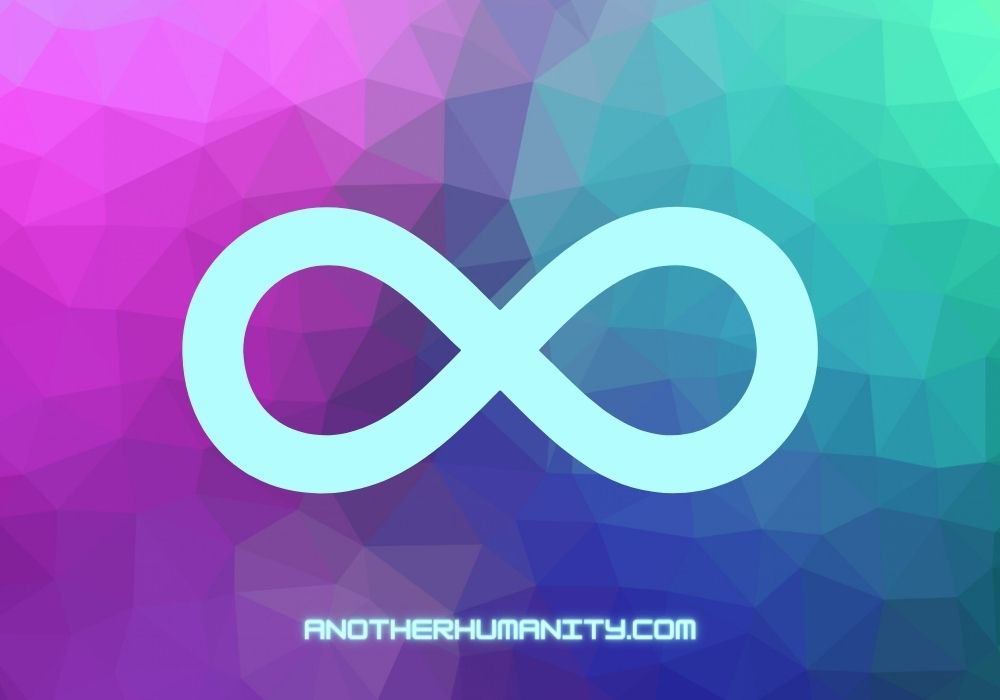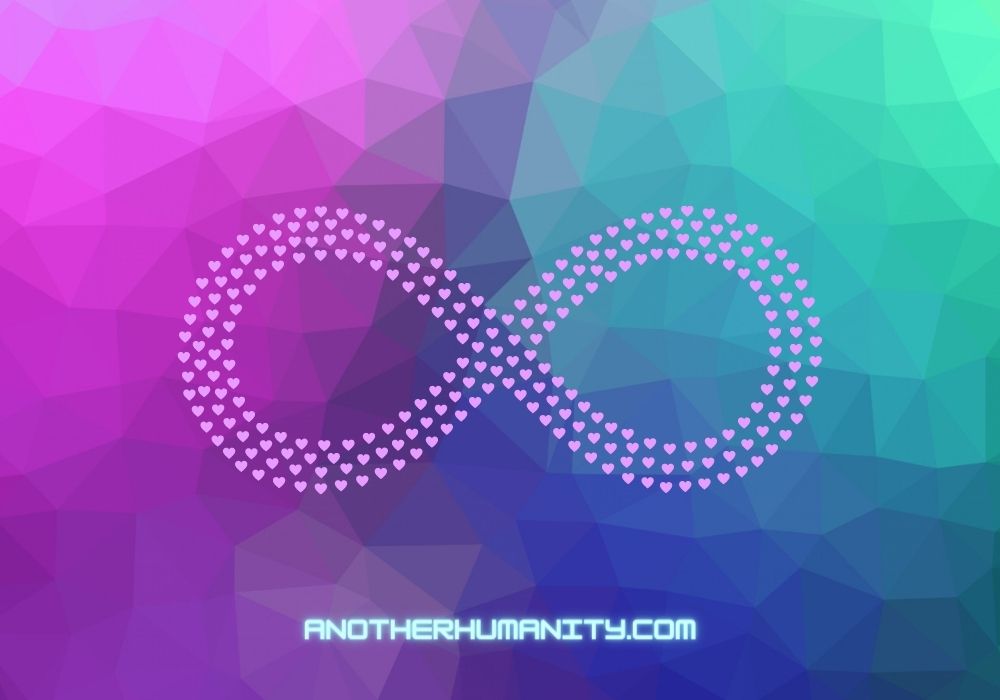
A simple Structure
- A 10 chapters provides clarity & readability.
- The Main Story is separated into 2 parts : the Apparent Story & the Hidden Story.
- The Apparent Story
- Chapter 1 – Atmosphere & Main characters.
- Chapter 2 – Apparent Threat is revealed.
- The Apparent Threat may be the main antagonist, a secondary antagonist or a non-human element.
- Chapter 3 is the 1st Crisis : the Disruption Crisis.
- The Protagonist is forced to act to defend herself.
- Chapter 4, 1st Anchor – Relationships & Resources.
- The Protagonist anchors her relationships with supporters.
- Chapter 5 – Gathering Information & Discovery
- The Protagonist Discovers there may be a Hidden Threat.
- Chapter 6 is the 2nd and Central Crisis.
- The Hidden Threat is revealed.
- The Hidden Story
- Chapter 7, 2nd Anchor – Recovery.
- This is chapter serves as a recovery from the Central and most violent Crisis.
- Chapter 8 – Preparing for the End.
- The protagonist confronts the Hidden Threat.
- Chapter 9 is the Last Crisis : The Unfolding/Revelation Crisis.
- Do they Protagonist Destroy/Vanquish the Hidden Threat?
- Do they Fail?
- Chapter 10 – Epilogue.
Engaging the Characters
- What are the Characters’ reactions to the Story?
- What triggers the characters?
- What creates an intense reaction?
- What creates an intense relationship?
- What leads to a brutal outcome?
- What are the Characters Interests?
- What do the Characters need?
- What do they want?
- What excites them?
- What bores them?
- What are the Characters Goals?
- Where do each of the characters go?
- Do their trajectory overlap?
- Would they adopt a similar position during a Crisis?
- Would they support each other?
- Would they rally others like themselves?
- What are the Characters Weakness?
- How can they support each other?
- Are certain weaknesses inappropriate?
- Are certain weaknesses detrimental to the group?
- Are certain weaknesses unacceptable?
- How should they be changed?
- Give multiple form of interests to each of your characters.
- If their sources of motivation overlap you can intertwine their schedules.
- The more interest they have in common the more nurtured will their relationships be.
- And more cohesive will be the group.
- How does the Public Relate to the Characters?
- Do they constitute an Idealized form of themselves?
- Would they be friend with the characters?
- Would they want the characters to be a part of their lives?
- Would they despise the characters?
- The Public & the Characters are 1 great Team.
- Creating cohesion between them creates Engagement.
- Engagement creates Reliability.
- Reliability creates Consistency.
Crucial Information
- Why is Information the fundamental resource of the Story?
- Information Attracts characters.
- Information Hooks characters.
- Lack of Information Denies any continuation in the Story.
- A recurrent denial creates an Appetite for Information.
- Then, a piece of Information placed in a location dear to the Protagonist will grab the Characters.
- Finally, this piece of Information should lead the Characters to a Crisis.
- How should you use Clues?
- Are the character Missing any Information?
- What kind of Missing Information?
- Did they Miss Clues?
- Did they Miss Dialogues?
- Can they get this Information in another Place?
- Can they get this Information from another Character?
- Did they get a Wrong Information?
- Why is this Information Wrong?
- How has it been corrupted?
- Did they get a Falsified Information?
- Who would benefit from this Fake?
- Did they Misunderstand the Information?
- Which information do the Characters need?
- When do they need it?
- Is it an urgent piece of Information to get?
- Is there an emergency?
- Where should they find it?
- What are the clues available in the location?
- What doesn’t fit in the room?
- In which way?
- Which level of incongruency do you need?
- How much exaggeration do you need?
- How much should the object shake & tweak & shiver to be visible?
- Through whom?
- Who is qualified to give them information?
- Who is needed to give them information?
- Who is dependent on the Characters?
- Who is reliant on the Characters?
- What will the Information bring them?
- New Relationships?
- Enjoyment & Satisfaction?
- Closeness & Belonging?
- More Resources?
- Money?
- A certain Artifact?
- More Information?
Create a Mythology
- Which Symbols do you use?
- Which Images do you use?
- Which Idols do you use?
- Are there any Humanoid representations?
- To what the Characters turn to?
- Where do they go when they need comfort?
- Main Rules of the Civilized World
- What is forbidden?
- What is mandatory?
- What is seen as commendable?
- What sort of individual is revered?
- What type of individual is abhorred?
- Do the characters agree with this vision of Mankind?
- Which zones are forbidden?
- Which zones are forgotten?
- How is the Economy of this World?
- How competitive is it?
- How oligopolistic is it?
- Natural Laws
- What are the limits of this world?
- How does the 4 fundamental forces function?
- Gravity
- Electromagnetism
- Radioactivity
- How does Entropy function?
- How is the Ecology of this World?
- How homogenous is it?
- How diverse is it?
Coherence & Consistency
- How do you define the essential terms of your story?
- What is Coherence?
- How do you use Settings to ensure it?
- How is Causality displayed?
- How is Fatality perceived?
- What is Consistency?
- How do you use Characters to ensure it?
- What is a Behavior?
- What is an Identity?
- Can you visualize the Characters actions?
- How do you use Parallelism?
- How do you use Symmetry?
- How do you use Resonance?
- How do you use Repetition?
- How do you use Exaggeration?
- Draw 3 maps.
- Draw a map of your story.
- What are the most important elements?
- When are they discovered?
- What sort of Conflict will be displayed?
- What will be the Stakes of the story?
- What are the Main elements of the Story?
- Draw a map of your City/Country/Setting.
- What are the Landmarks?
- What are the Places of Interests?
- Which places are restricted?
- Draw a map of your Characters relationships.
- How do characters act toward one another?
- How do they react in each other’s presence?
- Relationships Tie the Story.
- They are the core of Consistency.
